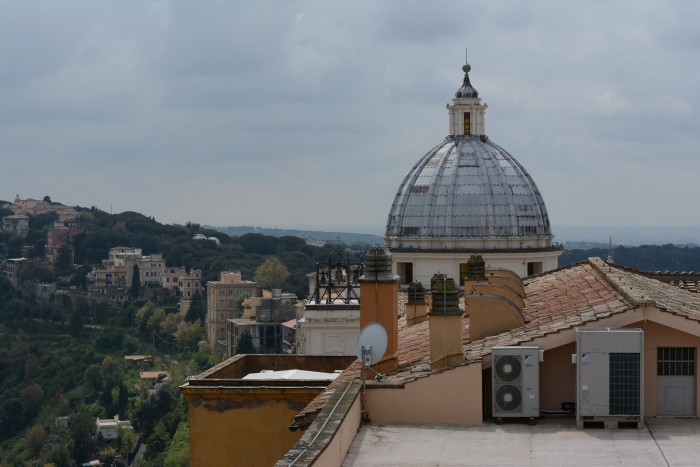
On 25 August 1609, Galileo Galilei demonstrated his first telescope to the Venetian authorities. This invention opened up the skies, and piqued men’s interest in the planets and stars around us and beyond, which in turn has led to modern wonders such as men on the moon, the Hubble space telescope, the Rosetta mission to comet 67P/Churyumov–Gerasimenko, and the exploration of our solar system including the recent fly-past of Pluto. However, many people remember Galileo most for being prosecuted by the Catholic Church for his (then heretical) view that the Earth orbited the Sun, rather than vice-versa. Does that mean that the Catholic Church has historically been against the advancement of science?
No. Although the Catholic Church, in common with many other parts of society, at the time did not believe in heliocentrism, in his book, Galileo had ridiculed then-Pope Urban VIII. The prosecution was more about the fallout between two ex-friends and also about court politics of the time. And the penalty was not particularly harsh – Galileo was sentenced to house arrest in his villa in Florence, from whence he continued to write, including on heliocentrism.
The Catholic Church has a history of supporting the sciences, and especially astronomy. The Gregorian calendar, which we use today, was drawn up using astronomical observations from a tower specifically built for the purpose in Rome in 1580. The Vatican Observatory is one of the oldest astronomical research institutions in the world, formally dating back to 1789. Father Angelo Secchi (1818-1878), one of the pioneers of solar astronomy, was a Catholic priest who observed the movement of the sun and planets from the Church of St Ignatius in Rome. In 1891 Pope Leo XIII authorised the construction of a new Observatory on the Vatican walls – where it remained for forty years before moving up to Castel Gandolfo. It also operates a telescope in Arizona. The “Big Bang” theory was originally mooted by Georges Lemaitre, a Belgian priest, in 1927. And the Church has not just been a pioneer in thinking on astronomy – Gregor Mendel, the founder of the science of genetics was an Augustinian friar. There is even a Pontifical Academy of Science, based in the Casina Pio IV in the grounds of the Vatican.
The Catholic Church teaches that science and faith are complementary not contradictory. There is a long history of priest-scientists. Don’t forget that Pope Francis studied as a chemist.
